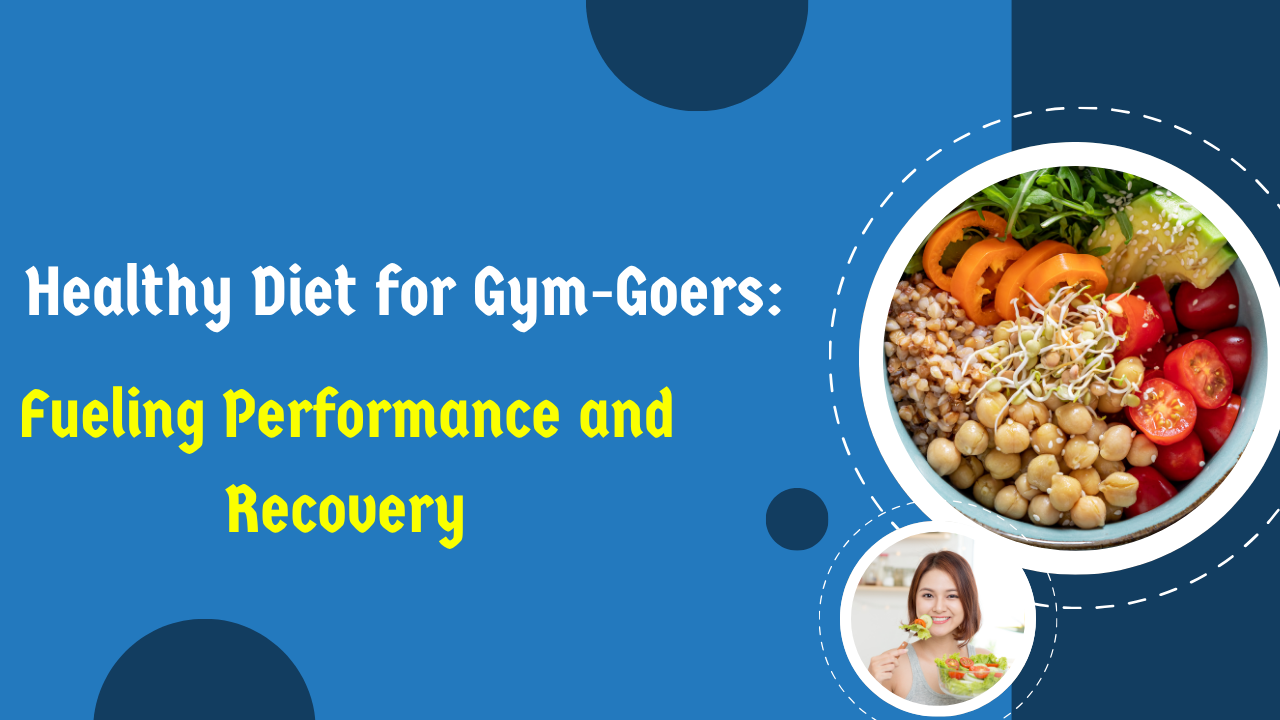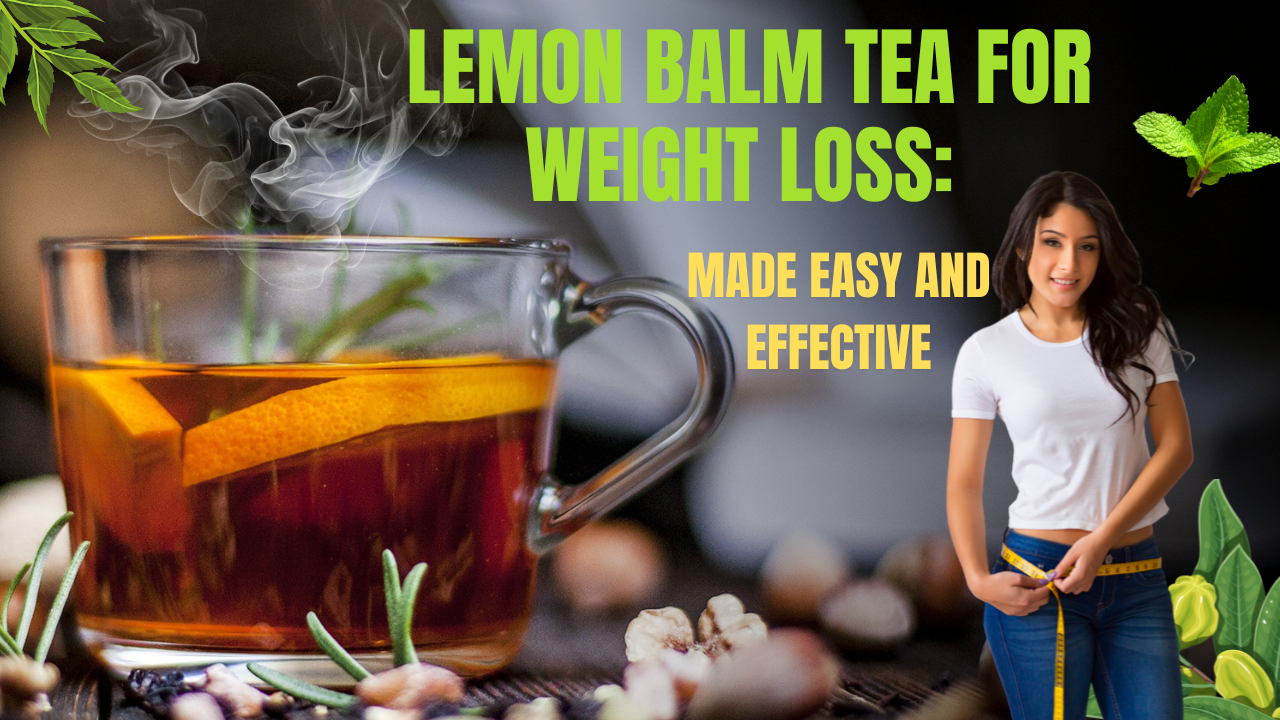In the world of health and fitness, working out alone isn’t enough to reach your goals. Whether you’re aiming to build muscle, burn fat, or maintain your fitness, what you eat is just as important. A healthy diet for gym-goers provides the fuel your body needs before, during, and after workouts.
Eating the right balance of macronutrients—proteins, carbohydrates, and fats—helps improve energy levels, supports muscle recovery, and promotes better results. Timing your meals around workouts also plays a key role in performance and recovery. Staying hydrated and choosing the right supplements can further enhance your progress.
This guide explores everything gym-goers need to know about nutrition, including meal timing, hydration, supplements, and practical meal plans. With the right approach, a healthy diet for gym-goers can support long-term success and boost overall well-being. By following these principles, you’ll be able to eat smart and perform at your best in the gym.
Why Diet Matters for Gym-Goers

Promotes Muscle Growth
A healthy diet for gym-goers provides the essential building blocks—mainly protein and amino acids—that muscles need to recover and grow after exercise. Without enough of these nutrients, especially following intense workouts, muscle repair slows down, and progress in strength and size may stall.
Boosts Energy Levels
To power through workouts, your body depends on a steady supply of carbohydrates and healthy fats. A healthy diet for gym-goers ensures you’re eating enough to stay energized and avoid fatigue during training. Poor eating habits can leave you feeling sluggish and reduce your workout performance.
Improves Recovery Time
Nutrients like protein, antioxidants, and omega-3s play a big role in reducing inflammation and easing muscle soreness after exercise. A healthy diet for gym-goers helps your body recover faster so you can stay consistent with your fitness routine.
Helps Manage Body Composition
Managing your weight and physique depends on balancing the calories you eat with the calories you burn. A healthy diet for gym-goers allows you to gain muscle, lose fat, or maintain your weight more effectively by following a precise and balanced eating plan.
Macronutrients: The Big Three
To design an effective gym-goer’s diet, you must first understand the three main macronutrients:
1. Protein – The Building Block
Protein plays a vital role in supporting several key functions in the body. It is essential for repairing and building muscles, especially after exercise. In a healthy diet for gym-goers, protein helps speed up recovery and promotes steady muscle growth. Additionally, it supports the immune system by helping the body produce important cells and antibodies. Protein also increases feelings of fullness, which can be helpful for those trying to manage their weight. Including enough high-quality protein in a healthy diet for gym-goers ensures the body functions well and recovers properly after every workout.
Recommended Intake:
For general fitness: 1.2 – 1.6 g/kg of body weight
For muscle gain: 1.6 – 2.2 g/kg
For fat loss (to preserve muscle): 2.0 – 2.5 g/kg
Best Sources: Chicken breast, turkey, eggs, Greek yogurt, cottage cheese, tofu, tempeh, lentils, whey protein, fish (especially salmon and tuna)
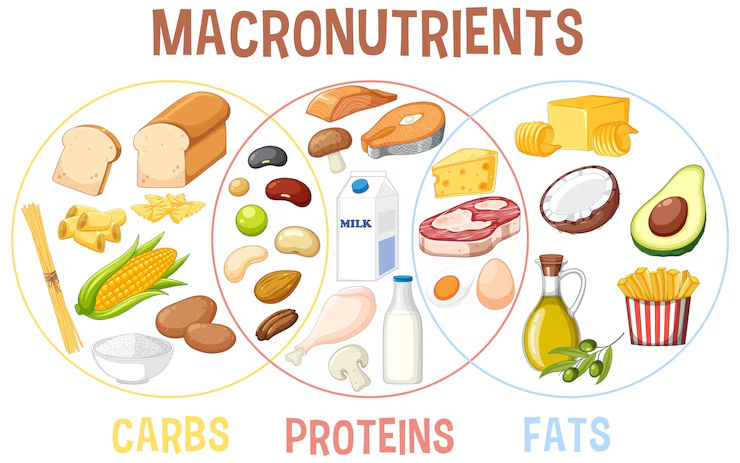
2. Carbohydrates – The Fuel
Carbohydrates are the body’s main and most efficient source of energy, especially during high-intensity physical activities. When included in a healthy diet for gym-goers, carbs help fuel intense training sessions by providing quick and sustained energy. They are stored in the muscles and liver as glycogen, which the body uses during workouts to maintain strength and endurance. Without enough carbohydrates, gym-goers may experience fatigue, reduced performance, and slower recovery. Therefore, a healthy diet for gym-goers should include the right amount of carbohydrates to support energy needs and optimize workout results.
Recommended Intake:
3 – 6 g/kg body weight for moderate training
5 – 7 g/kg for endurance or high-volume strength training
Best Sources: Brown rice, oats, sweet potatoes, quinoa, whole grain bread, fruits, vegetables, legumes
Simple vs Complex Carbs: Simple carbs like bananas or white rice can be useful post-workout to quickly replenish glycogen stores. Complex carbs release energy more steadily and are ideal for general meals.
3. Fats – The Hormone Helper
Fats are an important part of a balanced diet and serve several essential functions in the body. In a healthy diet for gym-goers, fats support hormone production, which is vital for muscle growth, metabolism, and overall physical performance. Hormones like testosterone and other growth-related hormones depend on healthy fat intake to function properly. Without enough fat, hormone levels can become imbalanced, affecting energy levels and workout progress.
In addition to hormone support, fats also play a key role in brain health and provide a long-lasting source of energy. Unlike carbohydrates, fats offer slow and steady energy, which can help sustain longer workouts or daily activities. A healthy diet for gym-goers should include good fats from natural sources to ensure the body stays energized, focused, and in top condition for training, recovery, and everyday health.
Recommended Intake: 0.8 – 1 g/kg of body weight
Best Sources: Avocados, nuts, seeds, olive oil, fatty fish, flaxseed, egg yolks
Balance Matters: Avoid trans fats and limit saturated fats. Focus on unsaturated fats (especially omega-3s) for optimal health.
Micronutrients: The Unsung Heroes
Micronutrients, including vitamins and minerals, are required in smaller quantities but play an essential role in maintaining overall health and supporting numerous bodily functions. These nutrients help with energy production, immune defense, muscle contraction, and bone strength. In a healthy diet for gym-goers, getting enough micronutrients is especially important because regular physical activity increases the body’s demand for them.
Gym-goers often place extra stress on their bodies through intense training, which can lead to a higher need for certain vitamins and minerals such as magnesium, vitamin D, calcium, and B-complex vitamins. A healthy diet for gym-goers should include a wide variety of nutrient-rich foods to help meet these increased needs, support recovery, and maintain optimal performance during workouts and daily life.
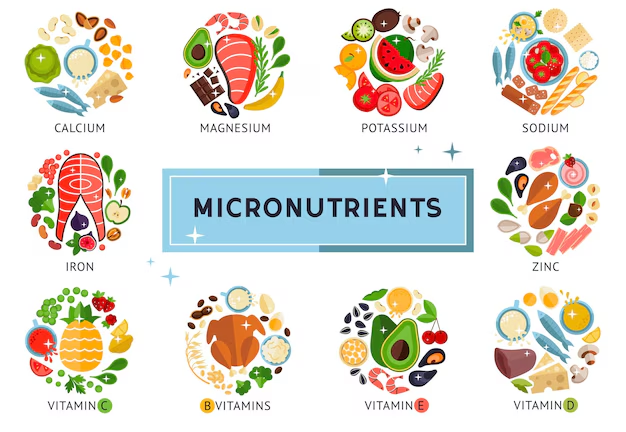
Calcium & Vitamin D: For bone health and muscle function
Sources: Dairy, leafy greens, fortified cereals, sunlight (for Vitamin D)
Magnesium: Supports muscle relaxation and energy production
Sources: Nuts, whole grains, spinach, dark chocolate
Iron: Critical for oxygen transport and endurance
Sources: Red meat, legumes, spinach, fortified cereals
Zinc: Enhances immune function and testosterone levels
Sources: Meat, shellfish, legumes
B Vitamins: Help convert food into energy
Sources: Whole grains, meat, eggs, dairy
Meal Timing and Frequency
1. Pre-Workout Nutrition
Purpose: Provide fuel for your session
Timing: 1–2 hours before workout
What to Eat:
Lean protein + complex carbs
Example: Chicken breast + brown rice, or Greek yogurt + oatmeal
2. Intra-Workout Nutrition
Mostly needed for long or intense sessions
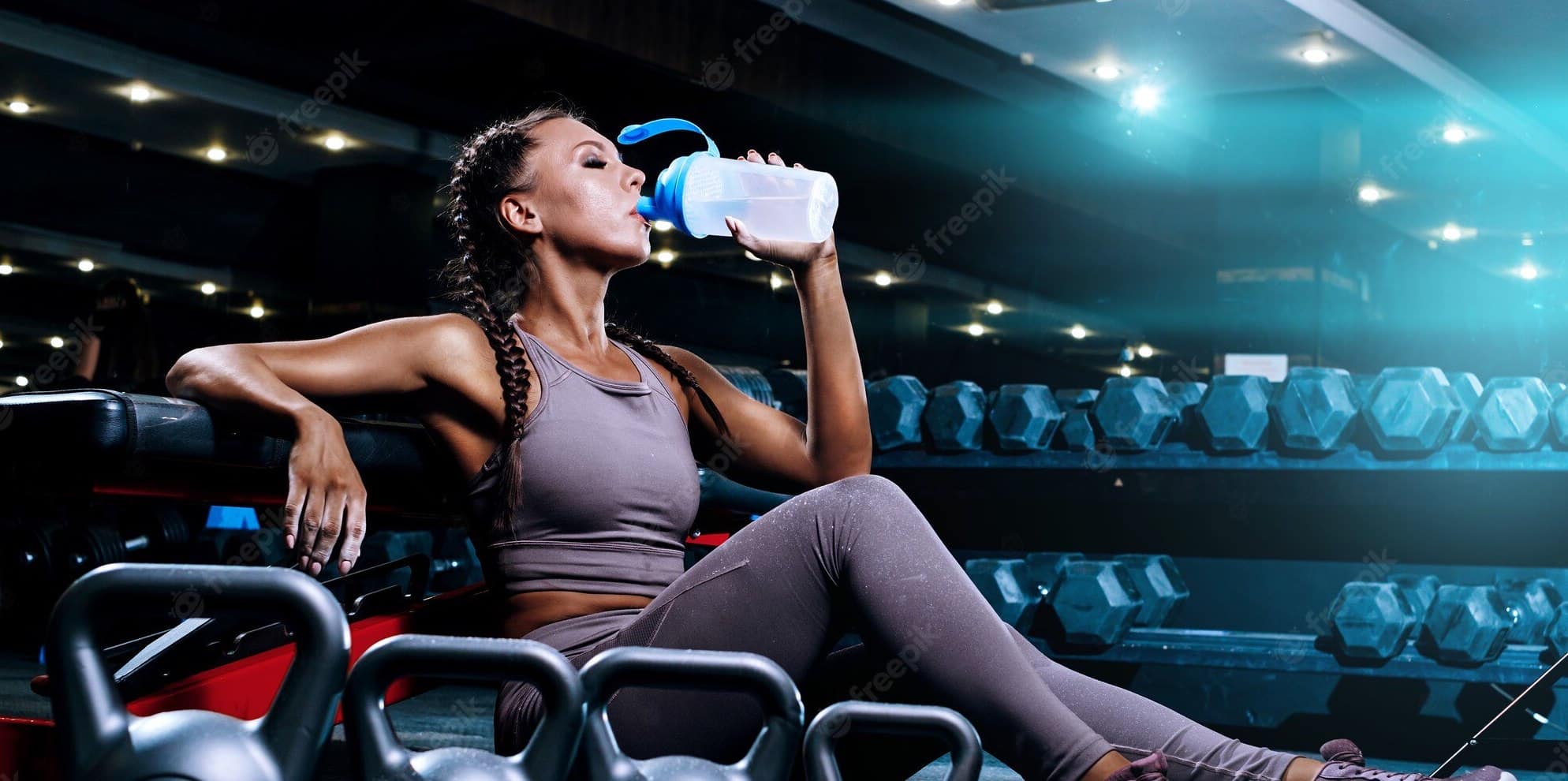
Suggestions: Electrolyte drink, BCAAs, or small carb-rich snack like a banana
3. Post-Workout Nutrition
Purpose: Replenish glycogen, repair muscle, and jumpstart recovery
Timing: Within 30–60 minutes post-workout
What to Eat:
Fast-digesting carbs + lean protein
Example: Whey protein shake + banana or white rice + chicken breast
Meal Frequency
There is no one-size-fits-all. You can succeed with 3 meals or 6 meals a day. What matters is:
Total daily caloric and macronutrient intake
Consistency
Digestive comfort
Hydration: The Forgotten Key
Water is a vital part of a healthy diet for gym-goers, yet it is often underestimated. Staying well-hydrated helps muscles work properly, supports joint movement, and keeps the body cool during intense workouts. Without enough water, physical performance can quickly drop, and the risk of cramps or fatigue increases.
In addition to aiding muscle and joint function, water plays a key role in transporting nutrients throughout the body. It helps deliver important vitamins and minerals to cells where they’re needed most. For anyone following a healthy diet for gym-goers, drinking enough water is just as important as eating well.
Daily Intake: 3–4 liters for active individuals (more if sweating heavily)
Hydration Tips:
Drink water consistently throughout the day
Use electrolyte-rich drinks if training intensely or in heat
Monitor urine color (light yellow = hydrated)
Supplements for Gym-Goers: Useful or Overrated ?
Supplements can help, but they shouldn’t replace real food. Here are the most effective, evidence-backed supplements:
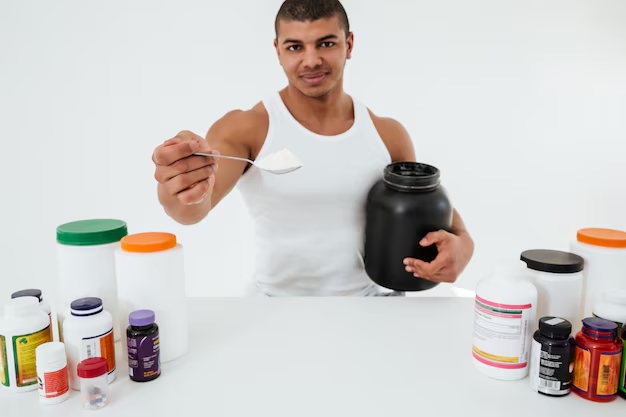
1. Whey Protein
A convenient and reliable source of high-quality protein that supports muscle recovery and overall nutrition, especially for those with busy schedules or increased protein needs.
Offers fast absorption, making it an excellent choice for post-workout nutrition when the body needs immediate support to begin muscle repair and replenish energy stores.
2. Creatine Monohydrate
Helps increase strength, enhance power during workouts, and support the development of lean muscle mass over time, especially when combined with regular resistance training.
Recommended dosage is 3 to 5 grams per day, taken consistently to maintain optimal levels and achieve the best performance and muscle-building results.
3. Branched-Chain Amino Acids (BCAAs)
May assist in decreasing muscle soreness after intense workouts and support faster recovery, allowing for more consistent and effective training sessions over time.
Particularly beneficial during fasted workouts or extended training sessions, as it helps preserve muscle tissue and maintain energy levels when the body’s natural fuel sources are lower.
4. Omega-3 Fatty Acids
Provides anti-inflammatory benefits, which can help reduce muscle soreness and joint discomfort, while also supporting overall heart health and cognitive function. These benefits contribute to improved performance and recovery.
Can be sourced from fish oil capsules, offering a rich supply of omega-3 fatty acids, or from algal oil, which is a great vegan alternative for those seeking plant-based options. Both sources provide essential nutrients that promote long-term health.
5. Multivitamins
Helps to fill in nutritional gaps in your diet, ensuring that your body gets the necessary vitamins, minerals, and nutrients it may be missing from everyday meals. This can be especially important for individuals with specific dietary needs or restrictions.
It’s essential to choose a high-quality, reputable brand that ensures purity, effectiveness, and proper sourcing of ingredients. A trusted brand guarantees that the supplement contains what it claims and is free from harmful additives or contaminants, providing you with the best results and peace of mind.
Diet Goals for Gym-Goers
1. Bulking (Muscle Gain)
Caloric Surplus: 10–20% above maintenance
Focus: Protein and carbs
Tips:
Eat 4–6 meals per day
Prioritize whole foods
Track progress (weight, strength, photos)
Cutting (Fat Loss)

Caloric Deficit: 15–25% below maintenance
Focus: High protein to preserve muscle
Tips:
Include lots of veggies for volume
Don’t drop fats too low
Keep resistance training consistent
Recomposition (Gaining Muscle While Losing Fat)
Best For: Beginners, returnees, or those with high body fat
Focus:
Eat around maintenance
High protein, moderate carbs
Prioritize resistance training
Sample Meal Plan for Gym-Goers (2500 Calories)
Meal 1: Breakfast
3 whole eggs + 3 egg whites
1 slice whole grain toast
1/2 avocado
1 cup berries
Black coffee or green tea
Meal 2: Pre-Workout
1 scoop whey protein
1 banana
1 tbsp peanut butter
Meal 3: Post-Workout
Grilled chicken breast (150g)
White rice (1 cup)
Steamed broccoli
Olive oil (1 tbsp)
Meal 4: Snack
Greek yogurt (200g)
Mixed nuts (30g)
Honey drizzle
Tips for Success
1. Track Your Intake
Use apps like MyFitnessPal or Chronometer to monitor calories and macros.
2. Plan and Prep
Meal prepping prevents poor choices and saves time. Invest in reusable containers and prep 2–3 days at a time.
3. Adjust Based on Progress
Not losing fat? Cut 200 calories. Not gaining muscle? Add 200–300 calories. Reassess every 2–4 weeks.

Conclusion
In conclusion, a healthy diet for gym-goers is essential for maximizing performance, building muscle, losing fat, and promoting overall well-being. Proper nutrition, including the right balance of macronutrients—protein, carbohydrates, and fats—supports muscle growth, fuels workouts, and accelerates recovery. Hydration and micronutrient intake also play crucial roles in maintaining energy levels and preventing injuries.
Meal timing, along with well-chosen supplements, can further enhance your results. Whether you’re bulking, cutting, or aiming for recomposition, your diet should align with your goals and support your training. Remember, consistency and balance are key to sustainable progress. By adopting a well-rounded, nutrient-dense approach to eating, you can achieve peak fitness and improve your quality of life. Prioritize a healthy diet for gym-goers, and the results will follow.
FAQs
1. Why is a healthy diet for gym-goers important ?
A healthy diet for gym-goers is crucial because it provides the necessary fuel for workouts, supports muscle growth, enhances recovery, and helps maintain optimal body composition. Without proper nutrition, progress in the gym can stall regardless of training intensity.
2. What should be included in a healthy diet for gym-goers ?
A healthy diet for gym-goers should include lean proteins, complex carbohydrates, healthy fats, fiber-rich vegetables, and adequate hydration. Key nutrients like vitamins, minerals, and electrolytes also support energy production and muscle function.
3. How does meal timing affect a healthy diet for gym-goers ?
Meal timing plays a significant role in a healthy diet for gym-goers. Eating the right nutrients before and after workouts can improve energy, boost performance, and enhance recovery. Ideally, consume protein and carbs 1–2 hours pre- and post-workout.
4. Can supplements be part of a healthy diet for gym-goers ?
Yes, supplements like whey protein, creatine, and omega-3s can complement a healthy diet for gym-goers. However, they should not replace whole foods. Use them to fill nutritional gaps or add convenience to your daily routine.
5. How many calories should be consumed in a healthy diet for gym-goers ?
Calorie needs vary based on goals such as muscle gain, fat loss, or maintenance. In a healthy diet for gym-goers, caloric intake should match activity level and fitness goals, with a focus on nutrient-dense, whole foods to optimize performance and recovery.
